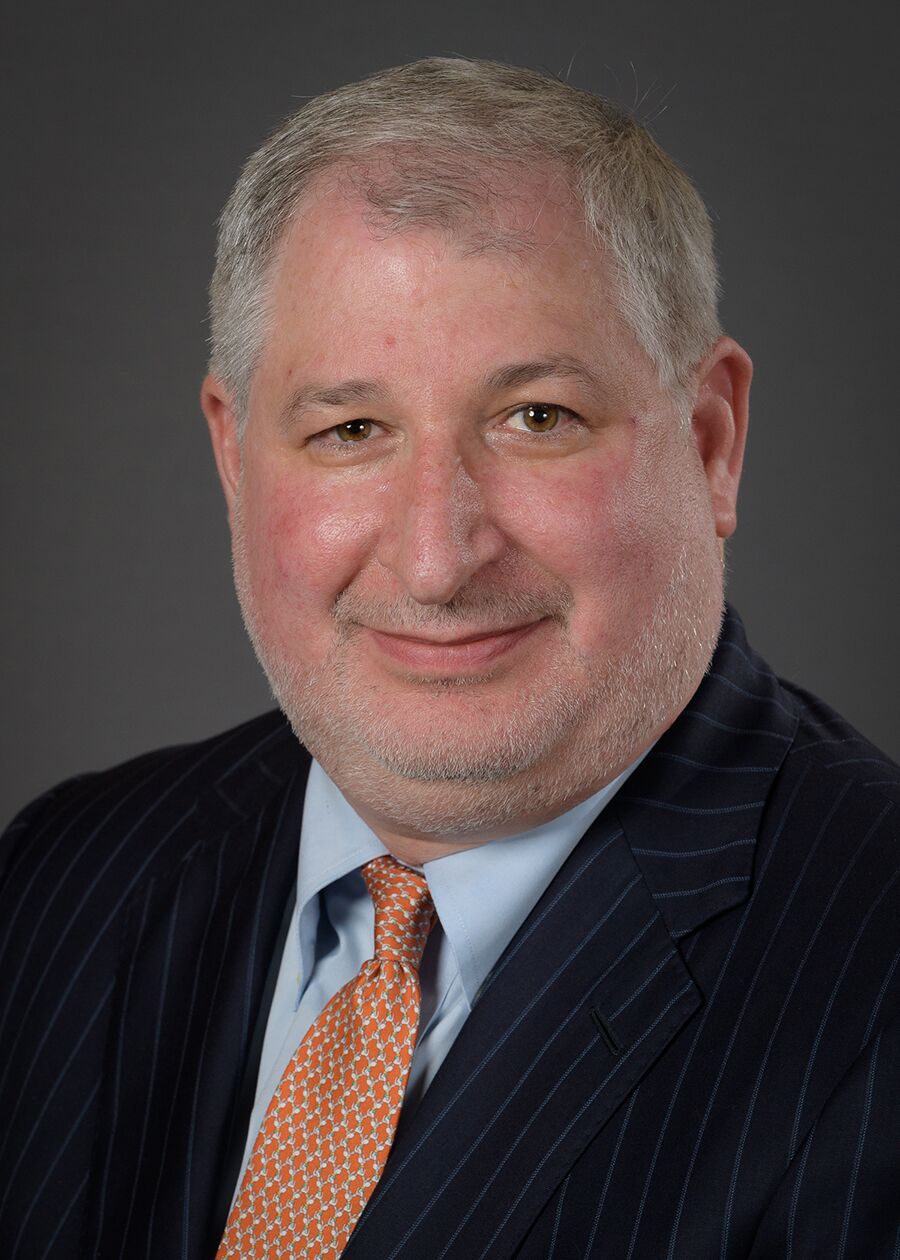Northwell Health System’s new chief of cancer genetics, Dr. Noah Kauff, is seeking to change the way certain cancers are treated for Northwell patients through genetic counseling.
Dr. Kauff, who began his position last Wednesday, comes to Northwell after serving as director of clinical cancer genetics at the Duke Cancer Institute in Durham, North Carolina, and wants to use his experiences at Duke to integrate genetic risk assessment into the routine care of cancer patients.
Dr. Richard Bakarat, physician-in-chief and director of cancer for the Northwell Health Cancer Institute, had worked with Dr. Kauff as his superior at Memorial Sloan Kettering Cancer Center in New York City, and had a hand in hiring him for the position.
“I knew that in this system, we needed to have a very well structured program that could identify at-risk individuals, provide screenings, and provide management for patients who are diagnosed, and provide risk reducing services from genetic evaluation to screenings,” Dr. Bakarat said.
Genetic evaluation begins with a patient and genetic counselor meeting for a conversation, Dr. Kauff says. They go through the patient’s personal and family history to look at all possible factors, environmental and genetic, that could raise the patient’s risk of diseases like breast, ovarian, pancreatic and prostate cancers.
“At that point, the counselor will see if genetic testing will help,” Dr. Kauff said.
The testing would then be conducted with a small blood or saliva sample from the patient, which would allow the counselor to identify mutations that could heighten the risk of certain cancers, specifically BRCA-1 and BRCA-2 in women.
“In the U.S., by age 50, 2 percent of women will develop breast cancer,” Dr. Kauff said. “In the case of a BRC mutation, the statistic is one in two.”
Dr. Kauff has conducted research on the mutations and was the lead researcher on a 2001 study from Memorial Sloan Kettering that identified the removal of ovaries after childbearing as reducing the risk of both ovarian and breast cancers in women with BRC mutations.
“We found that women in our experimental group who had their ovaries and fallopian tubes removed had a 75 percent reduction in their chance of ovarian or breast cancer,” Dr. Kauff said.
Dr. Kauff will also be taking on a position as professor of OB/GYN at the Zucker School of Medicine at Hofstra/Northwell, after serving in a similar capacity at Duke. Dr. Barakat says that his capacities as an instructor make Dr. Kauff an “ideal person” for discussing the rapidly expanding field of genetics with patients.
“When we worked at Sloan Kettering together, I always marveled at when he discussed genetics,” Dr. Barakat said. “He would step in and make sure everyone understood the facts.”
With his appointment, Dr. Kauff will now have an entire system of patients with whom to discuss the method he has spent years studying.
“One of the attractions of Northwell is that this is a system that encompasses 23 hospitals and two million individuals,” Dr. Kauff said. “So this is a way to incorporate genetic testing into a larger population than before.”



